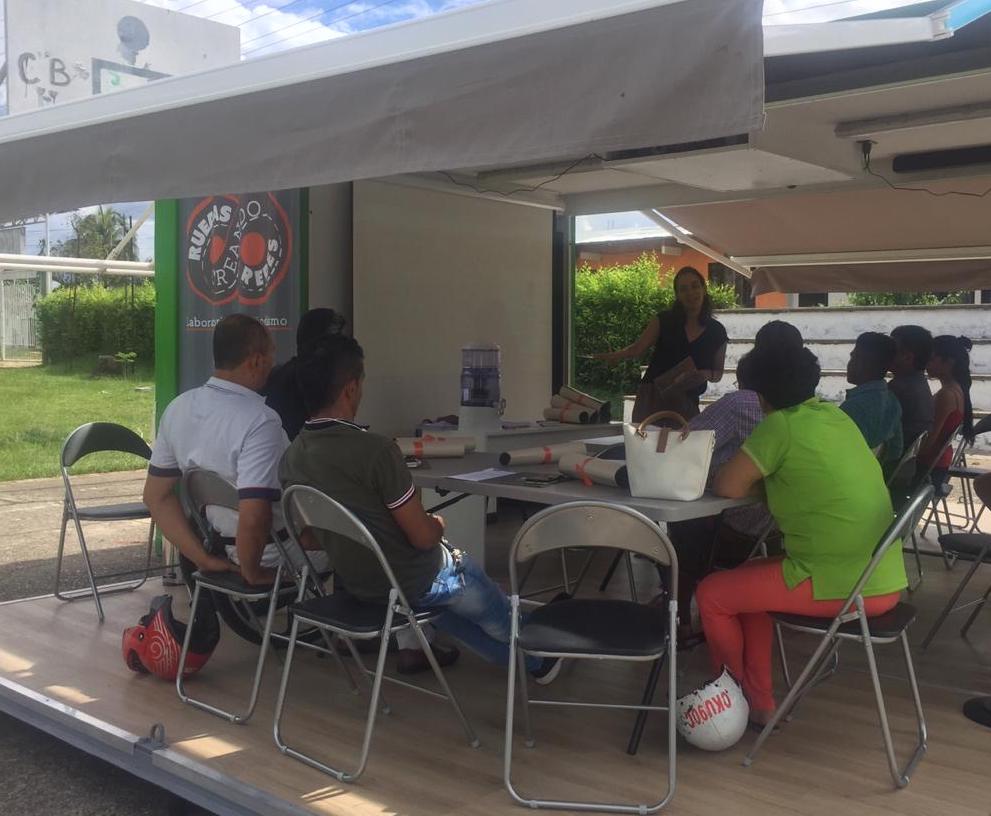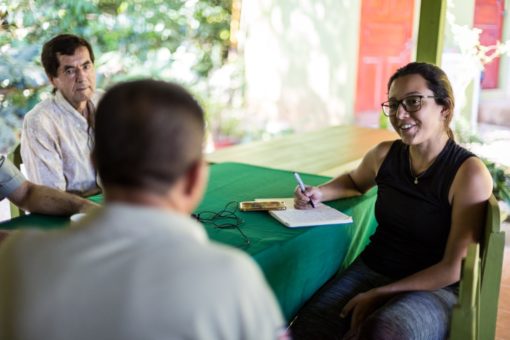
FLIP felt the need to create a project that would encourage the creation of local information in Colombia. This is how Ruedas Creando Redes was born. It’s a laboratory of mobile journalism that for the next two years will travel to 10 municipalities considered information deserts.

From northwestern Costa Rica, a small bilingual newspaper is using solutions journalism to tell stories of how residents are solving their communities’ problems.

It is the potential development of this expertise that attracted the venture capitalists, aiming to open new markets and replicate the model in other countries.

The CEO of Plop Contenido believes that Ampli is still in an experimental stage, in which he wants to test the premise that it is possible to produce news content with a humorous footprint.

According to Pires, there are many reasons for Google to care about and invest in strengthening journalism globally.

When we are talking about artificial intelligence in journalism, we need to talk about the human-centered aspect, said Nick Diakopoulos, assistant professor in Communication Studies and Computer Science at Northwestern University on April 13 at the 20th annual International Symposium on Online Journalism (ISOJ).

Eleven media outlets from Latin America worked on the latest transnational investigation spearheaded by the International Consortium of Investigative Journalists (ICIJ).

Instruction on entrepreneurial journalism is present in just 2.8 percent of universities and journalism schools in Latin America, while that same figure is 20 percent in Spain.

A crowdfunding platform that has become one of the most successful in Brazil with projects ranging from comics and board games to films, music albums and theater shows is creating a project dedicated solely to independent journalism.

With little more than 80,000 inhabitants in Peru and part of Brazil, the Asháninka are the most numerous ethnic group in the Peruvian Amazon. The National Institute of Radio and Television of Peru (IRTP, for its initials in Spanish) recently launched "Ashi Añane", an informative program in the Asháninka language, to give the culture a national platform.